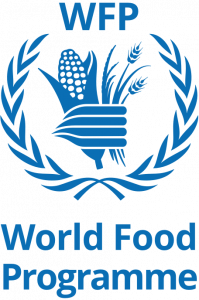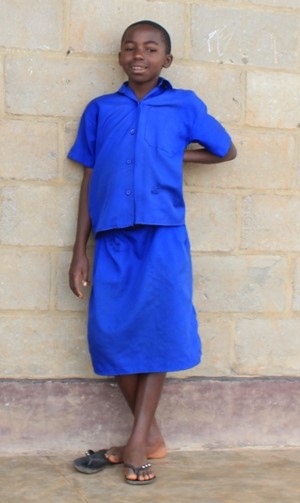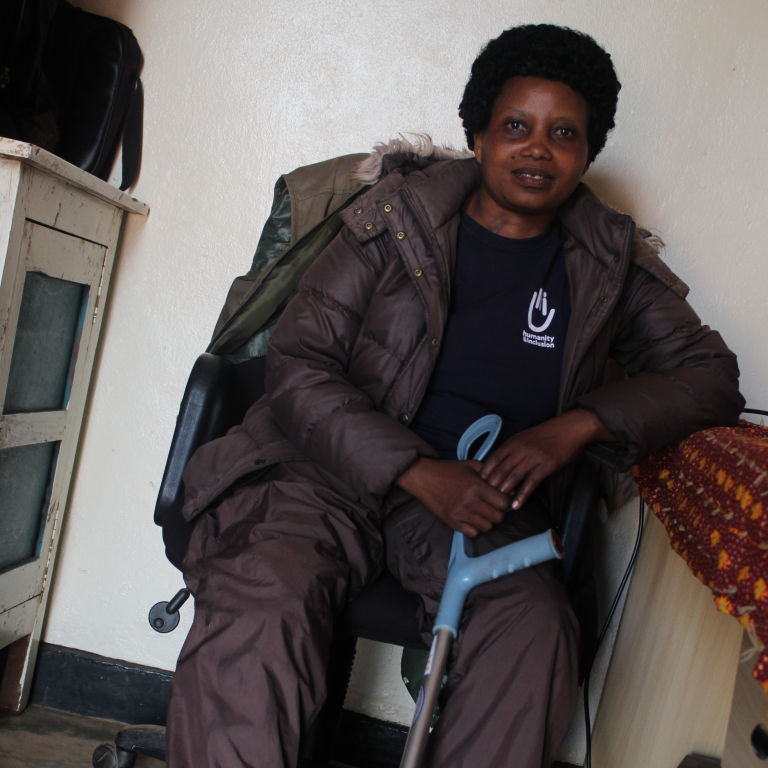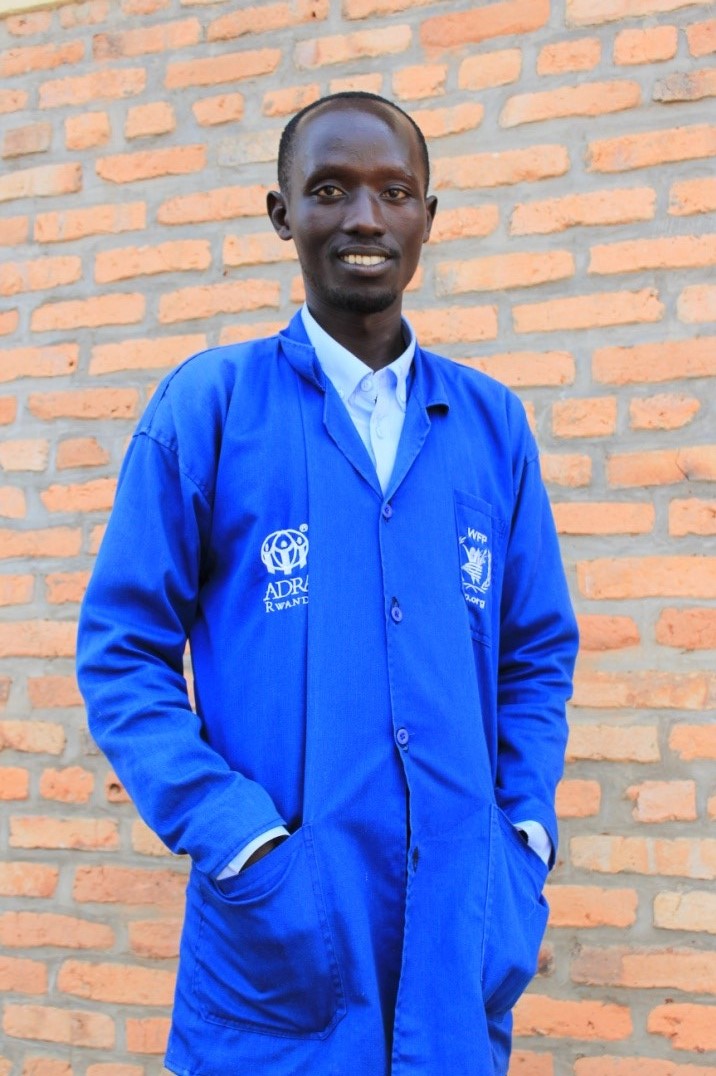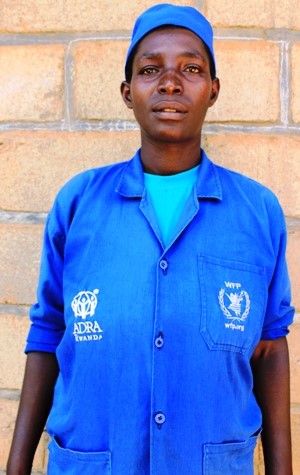Warehouse and School Feeding Program
Warehouse and School Feeding Program
ADRA Rwanda in Partnership with World Food Program (WFP) implements Warehouse and School Feeding program in six refugee camps in Rwanda (i.e. Kiziba in Western Province, Gihembe in Northern Province, Nyabiheke in Eastern Province, Kigeme and Mugombwa in Southern Province and Mahama in Eastern Province). The project is implemented in 12 schools. Four of these schools are camp-based while the other eight are national school around the camps and accommodates both refugees and national students. The Warehouse and School Feeding program covers two main components which are day-to-day management of the warehouse and provision of porridge to school going children in the aforementioned schools. Through the warehouse component, the project is responsible for the receiving, storage, maintenance of the warehouse, food handling and verification of food storage sites, monitor food safety standards and provide storage technical support to WFP warehouse operations in camps in close coordination and collaboration with WFP field staff and logistics office at Kigali head office. Through school feeding component the project is responsible for preparing and distributing porridge to all school children in the six refugee camps in Rwanda.
As of March 2020, the total school feeding direct beneficiaries across the six camps are 61,010 whereby 29,954 are females and 31,056 males. The project beneficiaries include 44,393 refugees and 16,617 Rwanda nationals.
Impact
Major Activities
- Coordinate reception and off-loading of food commodities within 24 hours of arrival at warehouse facilities to avoid detention of trucks
- Timely release of food commodities to UNHCR or its partners according to established distribution plan
- Conduct physical monthly inventory of commodity movements
- Maintaining cleanliness of warehouse facilities
- Rehabilitate and equip warehouse facilities
- Transport food commodities from WFP warehouse to schools
- Storage, safeguarding and management of food commodities at schools, including timely and accurate documentation (waybills, ledgers, and stock cards)
- Preparation and distribution of daily specialized nutritious meal (porridge) to school and ECD children
- Procure and distribute necessary materials to establish kitchen gardens, including gardening tools, seeds and seedlings
- Organize and facilitate Training of Trainers (ToT) sessions in kitchen garden techniques at school level
- Facilitate implementation of kitchen garden at each school
- Facilitate learning visits in kitchen gardening to document and share best practices between schools
- Construction of distribution point at Mahama camp
- Construction of 1 ECD Kitchen at Mahama
- Rehabilitation of 17 kitchens
Partner
